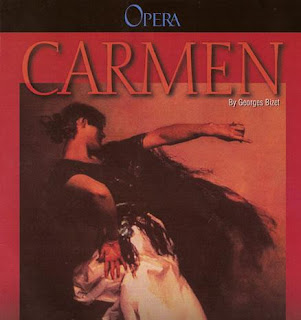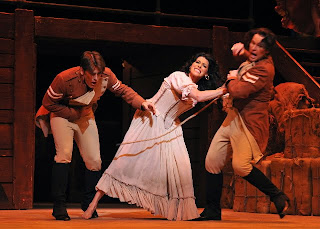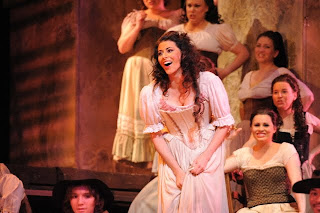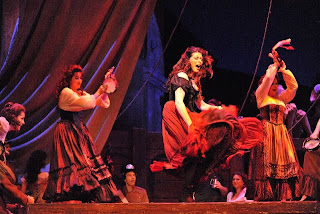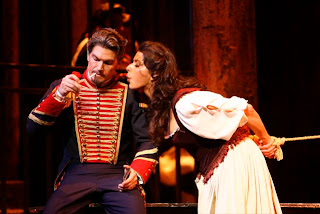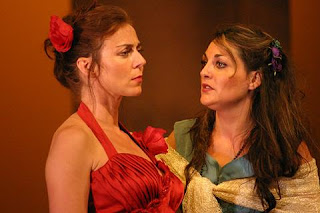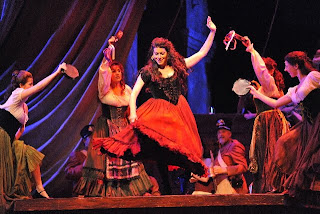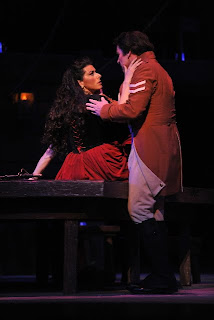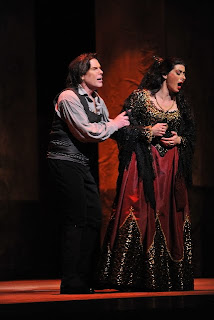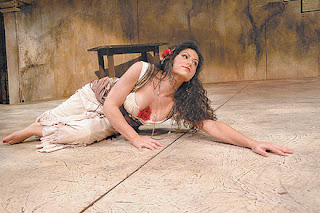
Carmen is a French opéra comique by Georges Bizet. The script (libretto) of Carmen is by Henri Meilhac and Ludovic Halévy, based on the novel of the same title by Prosper Mérimée, first published in 1845, itself influenced by the narrative poem The Gypsies (1824) by Alexander Pushkin.The Carmen opera premiered at the Opéra-Comique of Paris on 3 March 1875, but its opening run was denounced by the majority of critics. Carmen was almost withdrawn after its fourth or fifth performance, and although this was avoided, ultimately having 48 performances in its first run, Carmen did little to bolster sagging receipts at the Opéra-Comique. In October 1875 it was produced in Vienna, to critical and popular success, which began its path to worldwide popularity. Carmen was not staged again at the Opéra Comique until 1883. Since the 1880s it has been one of the world's most performed operas and a staple of the operatic repertoire. Carmen appears as number four on Opera America's list of the 20 most-performed operas in North America.
Storyline of Carmen:
The story is set in Seville, Spain, c. 1830, and concerns the eponymous Carmen, a beautiful Gypsy with a fiery temper. Free with her love, she woos the corporal Don José, an inexperienced soldier. Their relationship leads to his rejection of his former love, mutiny against his superior, and joining a gang of smugglers. His jealousy when she turns from him to the bullfighter Escamillo leads him to murder Carmen.
Carmen Tickets are available on Sold Out Ticket Market at affordable rates.
Check out Ticket Market for Carmen Tickets.
Check out Ticket Market for Carmen Tickets.
